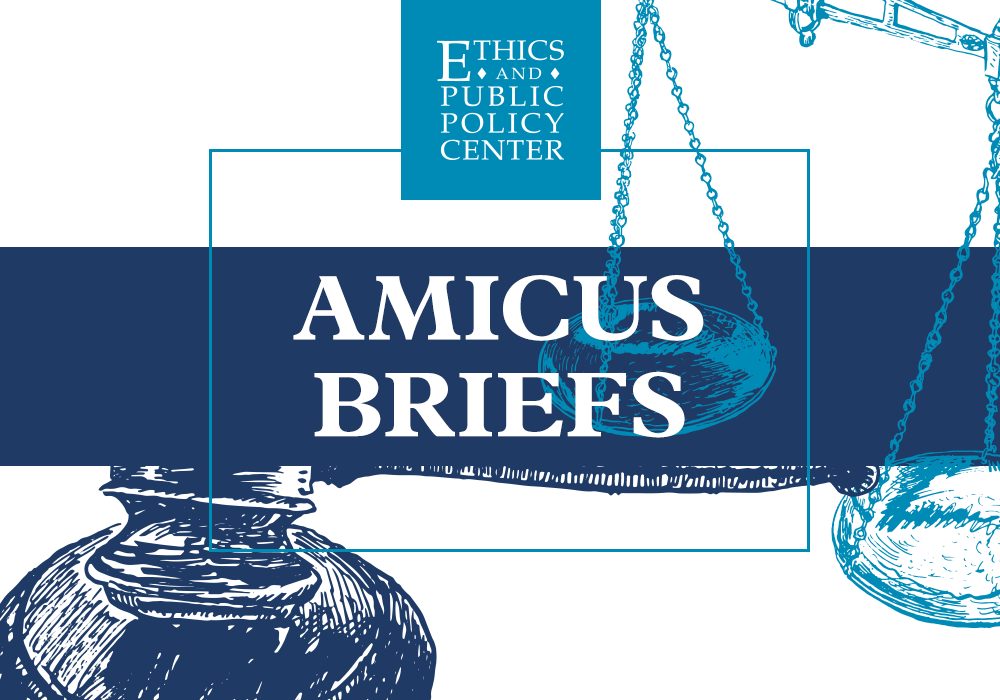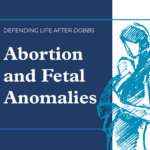
Published June 11, 2024
On Monday, June 10, 2024, the Ethics and Public Policy Center filed an amicus brief in the Eleventh Circuit Court of Appeals in Houston County, Georgia v. Lange in support of the County’s petition for rehearing en banc. The petition asks the entire Eleventh Circuit to revisit a split panel’s May 13, 2024 decision that the County’s group health plan, which excludes coverage for “sex change” procedures, facially discriminates against transgender persons in violation of Title VII: “Because transgender persons are the only plan participants who qualify for gender-affirming surgery, the plan denies health care coverage based on transgender status.”
EPPC’s amicus brief, co-authored by EPPC fellows Eric Kniffin and Mary Rice Hasson, points out that the blunt nature of the panel’s holding presumes that there is no valid, non-discriminatory reason for declining to cover “gender transition” medicine. As Judge Brasher noted in dissent, the majority claimed it “did not matter” that the County presented good faith, non-discriminatory reasons for excluding “sex change” procedures.
EPPC’s brief, drawing on the Person & Identity Project’s research, points out that the science is far from settled about whether so-called “sex change” procedures are the best way to help adults suffering from gender dysphoria:
Though the panel summarily declared “vaginoplasty” a “medically necessary surgery” for males with gender dysphoria, gender specialists exhibit no such confidence. Experts recognize that “[t]ransgender medicine presents a particular challenge for the development of evidence-based guidelines” because of “limited” data, “lower-quality evidence,” retrospective study design, “lack of uniform data collection,” and limited research funding. Experts admit the “field of gender-affirming medicine is characterized by a . . . slim (biomedical) evidence base.” Though advocates, government officials, and even judges have sometimes said otherwise, there is not now and has never been a medical consensus on how to treat what is now known as gender dysphoria.
The brief also cites the Cass Review, which recently concluded that “gender transition” medicine is supported by “remarkably weak evidence . . . The reality is that we have no good evidence on the long-term outcomes of interventions to manage gender-related distress.”
EPPC’s brief urges the Eleventh Circuit to agree to rehear the case and issue a new decision that leaves courts and employers free to consider the best evidence about how to treat people suffering with gender dysphoria.
Click here to read the full brief (PDF).
Eric Kniffin is a fellow at the Ethics and Public Policy Center, where he works on a range of initiatives to protect and strengthen religious liberty as part of EPPC’s HHS Accountability Project.










